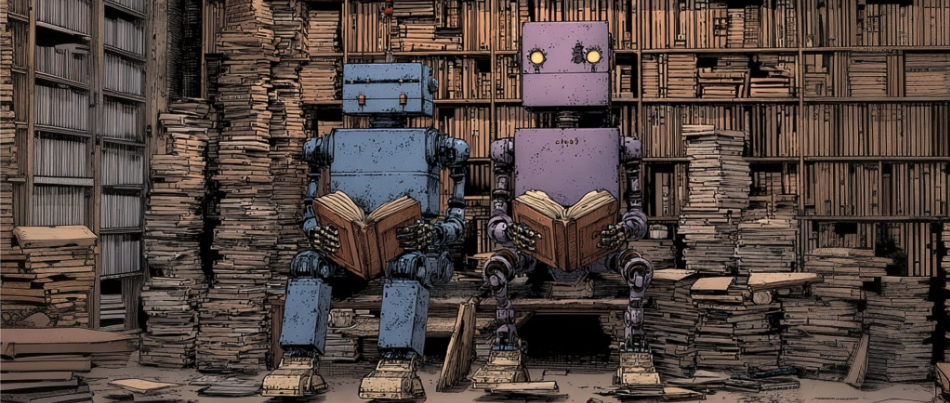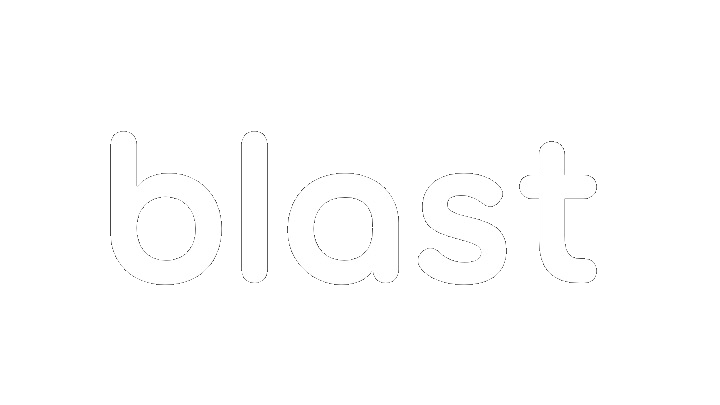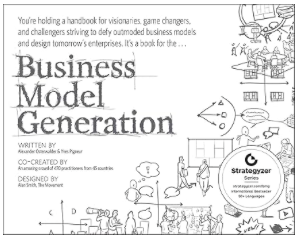
The library
It’s hard to stay on top of what’s happening with AI. But these books offer a solid foundation on the fundamentals of the market and how to solve complex problems with AI. Essential reading for anyone looking for reliable information and tools to navigate a highly unstable world.
How AI Will Take Your Job, by Minh Tri Dang
AI is reshaping the workforce faster than we ever imagined. From automation to augmentation, the impact is profound, disrupting industries, redefining career paths, and challenging the very nature of employment.How AI Will Take Your Job pulls insights from business leaders, early adopters, blending theory, expertise and the author’s personal experience whose career spans roles in Europe, Asia, Africa and North America.
Why I love this book - “Few of us know the real dynamics of the labour market and how the behave. Minh sure does. With his careful, thoughtful explanations, examples and visualizations, he helps us understand what we’re facing, why everyone should be concerned and do something about it. A concise, easy and quick read for anyone who looking to understand how the labour market works in the age of AI.”
Creative Acts for Curious People, by Sarah Stein Greenberg
In an era of ambiguous, messy problems—as well as extraordinary opportunities for positive change—it’s vital to have both an inquisitive mind and the ability to act with intention. Creative Acts for Curious People is filled with ways to build those skills with resilience, care, and confidence. Curated and honed at Stanford University’s Institute of Design or “d.school”, the exercises come from some of the world’s most inventive minds. The activities are at once light-hearted and surprising, tough and impactful, revealing how the hidden dynamics of design can drive more vibrant ways of thinking, creating and collaborating at work.
Why I love this book - “Talk about a great office table book. Creative Acts is jam-packed with an amazing variety of fascinating exercises that show us how to look at the world with imagination, creativity and endless curiosity. Do them one time and you’ll enjoy them. Use them as regular exercises and see your creativity soar.”
Noise, by the late Daniel Kahneman
Imagine that two doctors in the same city give different diagnoses to identical patients—or that two judges in the same courthouse give markedly different sentences to people who have committed the same crime. Suppose that different interviewers at the same firm make different decisions about indistinguishable job applicants—or that when a company is handling customer complaints, the resolution depends on who happens to answer the phone. Now imagine that the same doctor, the same judge, the same interviewer, or the same customer service agent makes different decisions depending on whether it is morning or afternoon, or Monday rather than Wednesday. These are examples of noise: variability in judgments that should be identical.
Why I love this book - “From the Nobel Prize Winning author Daniel Kahneman, this book is a feast of real-world studies and hard core analytics that exposes the critical flaws in our human judgement. Big ah-has for me were discovering that simple analytics are often better than advanced analytics when solving complex problems. Forewarned - the book covers statistical constructs too. Invaluable!”
Beautiful Evidence, by Edward Tufte
Science and art have intense seeing in common, the wide-eyed observing that generates visual information. Beautiful Evidence is about how seeing turns into showing, how data and evidence turn into explanation. The book identifies excellent and effective methods for showing nearly every kind of information, suggests many new designs (including sparklines), and provides analytical tools for assessing the credibility of evidence presentations (which are seen from both sides: how to produce and how to consume presentations).
Why I love this book - “From perhaps the greatest mind in data visualization, and author of The Visual Display of Quantitative Information, this book is both a historical collection and encyclopedia of how people have long strived to make sense of data and explain the world. A classic for anyone who works with data.”
Business Model Generation, by A. Osterwalder and Y. Pigneur
Business Model Generation is a handbook for visionaries, game changers, and challengers striving to defy outmoded business models and design tomorrow's enterprises. If your organization needs to adapt to harsh new realities, but you don't yet have a strategy that will get you out in front of your competitors, you need Business Model Generation. Co-created by hundreds of practitioners from 45 countries, the book features a beautiful, highly visual design that takes powerful strategic ideas and tools, and makes them easy for any team to use.
Why I love this book - “I have given away dozens of copies of this book over the years. It is a timeless guide and powerful methodology to not only build more pragmatic strategy, it brings the business together in a way that is coherent and easy to see on a single visualization. Incredible!”
Revenge of the Tipping Point, by Malcolm Gladwell
Through a series of riveting stories, Gladwell traces the rise of a new and troubling form of social engineering. He takes us to the streets of Los Angeles to meet the world’s most successful bank robbers, rediscovers a forgotten television show from the 1970s that changed the world, visits the site of a historic experiment on a tiny cul-de-sac in northern California, and offers an alternate history of two of the biggest epidemics of our day: COVID and the opioid crisis. Revenge of the Tipping Point is Gladwell’s most personal book yet. With his characteristic mix of storytelling and social science, he offers a guide to making sense of the contagions of modern world. It’s time we took tipping points seriously.
Why I love this book - “A long-time fan of the first “Tipping Point”, I couldn’t wait to read this book. Painted by many as an apology for getting things wrong the first time, this book was nothing of the sort. An extraordinary, very timely work on some of the most complex problems facing humanity, and how they hide in plain sight.”







